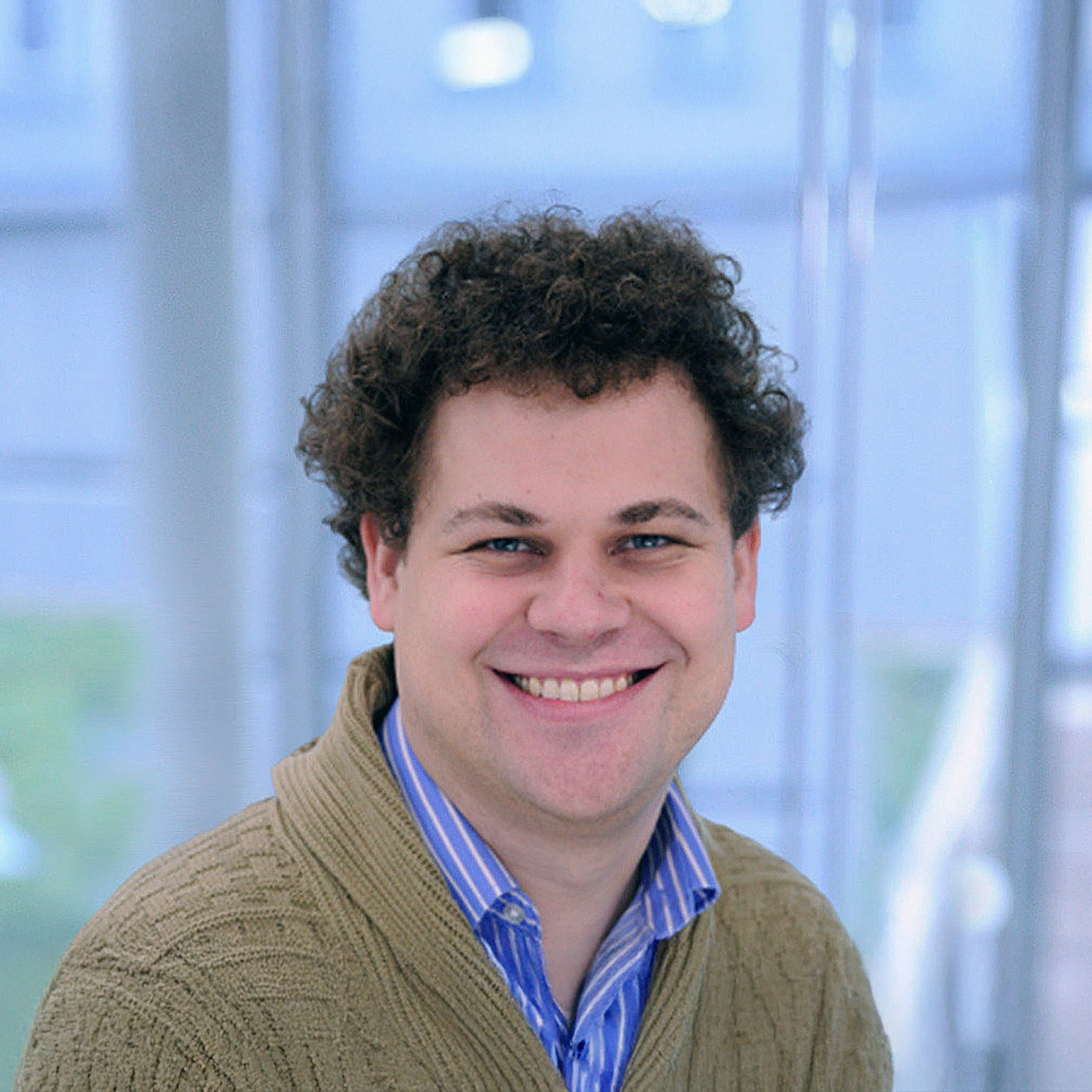A New Metric Yields a New Perspective
What’s your measure of a good day? For many of us, it’s all about productivity — how much we manage to get done. We idealize efficiency as a virtue that, if mastered, will free us from the great trap of “never enough time.” But it often seems that by consuming books, lectures, and articles on […]

What’s your measure of a good day? For many of us, it’s all about productivity — how much we manage to get done. We idealize efficiency as a virtue that, if mastered, will free us from the great trap of “never enough time.” But it often seems that by consuming books, lectures, and articles on time management, we simply become capable of completing more tasks. In Western cultures particularly, the dominant way to measure the value of time is in terms of work output — so to gain more from our time, we learn to run on the treadmill faster.
But what if your measure of a good day could quantify how your experiences enriched your life? Leslie Perlow and Salvatore Affinito have developed a metric that does just that. The work emerged from a popular course that Perlow teaches at Harvard Business School called Crafting Your Life that aims to equip future leaders with an understanding of what a life well lived means to them and how to live in accordance with their values.
Data gathered from questionnaires filled out by thousands of Harvard MBA students and alumni (and working professionals) led Perlow and her collaborators to refine methodologies for first identifying what intangible values are most linked to an individual’s satisfaction with their life and then evaluating the regular activities that person engages in, in terms of the benefits they derive. (This methodology for calculating the subjective value of time is now publicly available through a free app that was released in April 2025.) Individuals can use the app to gain insight into where they can make small changes that will significantly enrich their lives — and their improved well-being can translate into greater satisfaction with work.
Where else might we be boxed in by the way we measure success? Besides efficiency, another ideal that the business world valorizes is growth, a performance metric prized by investors and rarely questioned by leaders. Andrew J. Hoffman argues that our obsession with growth boxes us into strategies that are unsustainable and can be achieved only through patterns of consumption that hasten environmental degradation and the exhaustion of natural resources. Escaping the tyranny of growth may be difficult for executives at publicly held corporations. But for companies free to define long-term progress and success differently — perhaps in terms of resilience, continuous improvements, and ability to deliver consistent value and returns — the alternative thinking on growth that Hoffman describes can be provocative and inspiring.
Finally, we can also be limited by not questioning standard measures — say, that a workweek consists of five days. The movement for a four-day workweek faces stiff headwinds but persists based on the strength of successful experiences, some of which are described in Juliet B. Schor’s new book. She spoke with MIT SMR about the benefits experienced by leaders who have been willing to challenge the orthodoxy that employee commitment can be measured in hours on the job.




















































































































































